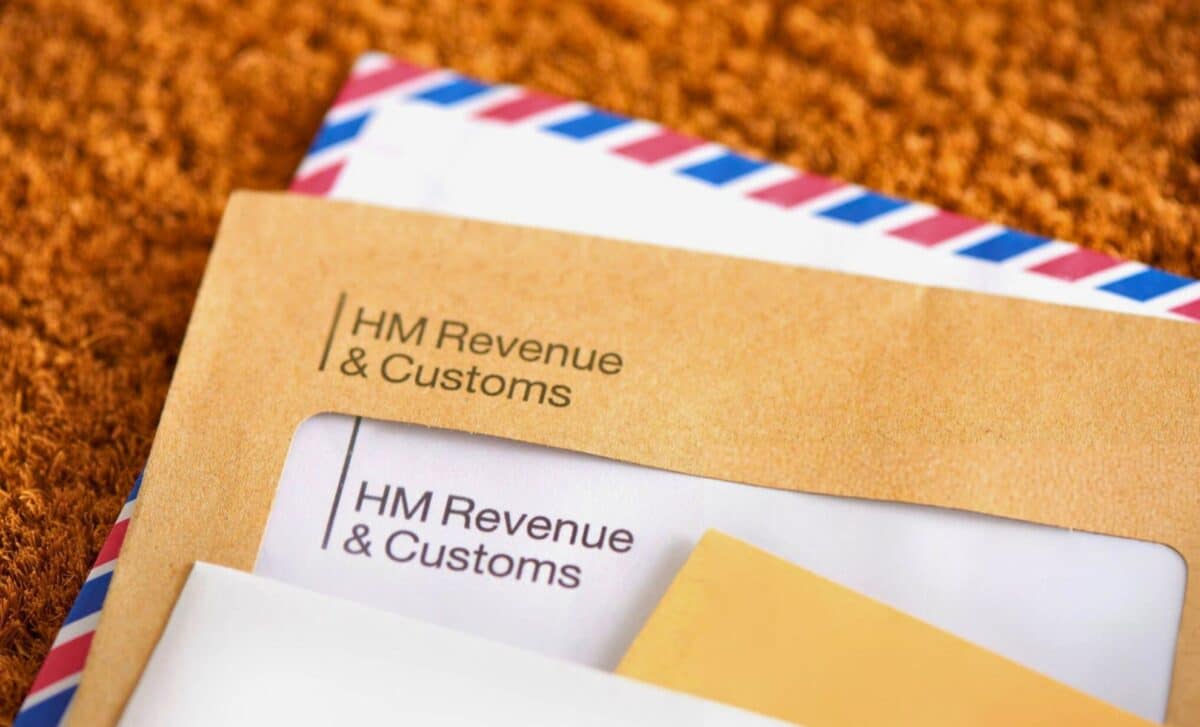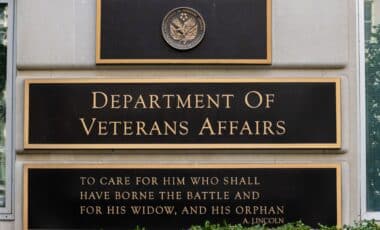Taxpayers across the UK face stringent measures from HM Revenue and Customs (HMRC) if they fail to file their Self-Assessment tax returns on time. With a deadline of 31 January 2025, those who delay submissions or payments beyond this date risk incurring an initial penalty of £100, with further fines and interest on outstanding payments if delays persist. This move is part of HMRC’s efforts to ensure compliance and accountability in tax obligations, which apply to millions of UK residents.
The Importance of the Deadline
The annual Self-Assessment process applies to those who are self-employed, have additional untaxed income, or fall into other specific tax categories. Taxpayers are expected to file returns for the 2023–2024 tax year by the set deadline to avoid financial penalties. Failure to do so not only attracts fines but also accumulates interest on unpaid dues, leading to a potentially significant financial burden.
HMRC has emphasised the critical nature of adhering to the deadline, particularly as excuses such as “not receiving a reminder” or “bank errors” will not be accepted. However, there is a provision for appeals under exceptional circumstances, including serious illness, technical issues, or bereavement, provided evidence is supplied.
Who Needs to File?
Understanding whether you are required to submit a Self-Assessment tax return is essential. Individuals falling into the following categories are obligated to file:
- Self-employed workers earning over £1,000 annually (before deductions).
- Partners in business partnerships.
- Those with taxable income exceeding £150,000.
- Individuals liable for Capital Gains Tax following asset disposals.
- Those earning income from untaxed sources such as property rentals, savings, investments, dividends, tips, or foreign income.
HMRC’s guidelines are clear: every eligible taxpayer must account for their income accurately and submit returns by the deadline to avoid fines and ensure proper tax contributions.
Penalty Details: What You Risk by Filing Late
If taxpayers fail to file their Self-Assessment by 31 January 2025, they face a flat £100 penalty for delays of up to three months. Beyond this, additional charges may apply depending on the duration of the delay and the amount of unpaid tax. Furthermore, interest accrues on late payments, compounding the financial strain for individuals or businesses already struggling to meet obligations.
Myrtle Lloyd, HMRC’s Director General for Customer Services, reiterated the agency’s stance, stating: “We’re here to help customers get their tax right and if you are worried about how to pay your Self-Assessment bill, help and support is available.”
This balanced approach underscores HMRC’s commitment to providing support while ensuring compliance.
Flexible Payment Options for Those Struggling
For individuals unable to pay their tax bills in full, HMRC offers a ‘Time to Pay’ system to spread the financial burden. Taxpayers owing less than £30,000 can apply online for instalment plans of up to 12 months, eliminating the need for direct contact with HMRC. Those with higher tax obligations can also access this service but must liaise with HMRC representatives.
Ms. Lloyd highlighted the importance of this service, noting: “Customers can set up their online payment plan to suit their own financial circumstances and can spread those payments across a maximum of 12 months. It is a valuable option for someone needing extra flexibility in meeting their tax obligations.”
This initiative is particularly beneficial for individuals facing temporary financial difficulties, providing a structured and manageable approach to fulfilling tax responsibilities.
Appeals and Exemptions
While HMRC maintains a strict policy on penalties, provisions exist for taxpayers who encounter unforeseen or uncontrollable challenges. Acceptable reasons for appeal include:
- Death of a close family member shortly before the deadline.
- Serious illness or hospitalisation.
- Systemic issues with HMRC’s online services.
- Events such as theft, fire, or flooding that impede timely filing.
Taxpayers must ensure that documentation supporting their claims is readily available and file their return as soon as possible after the issue is resolved. This mitigates the risk of prolonged penalties and shows goodwill in adhering to tax laws.
Preparing for January 2025: Tips for Taxpayers
To avoid the stress of last-minute filing and potential penalties, HMRC advises taxpayers to start preparations early. Key steps include:
- Gathering necessary documents, including income statements, expense records, and relevant receipts.
- Using HMRC’s online tools for guidance on completing tax returns accurately.
- Exploring payment plans proactively if financial difficulties are anticipated.
By addressing potential issues in advance, taxpayers can ensure they meet the deadline and avoid unnecessary penalties.
A Balanced Approach to Compliance
HMRC’s approach to Self-Assessment compliance blends accountability with support. While penalties are designed to deter negligence, the availability of flexible payment plans and appeals systems demonstrates a willingness to work with taxpayers facing genuine challenges. This strategy ultimately ensures that tax contributions are fair and equitable across all income brackets.
As the January 2025 deadline approaches, taxpayers are urged to act promptly, use the resources available, and seek support where needed. HMRC’s reminder is clear: adherence to tax obligations is non-negotiable, but help is at hand for those who need it.










How come they are quick to charge you if you owe them but if it’s them that owe you its a battle to get anything owed?
Absolute bunch of thieves.